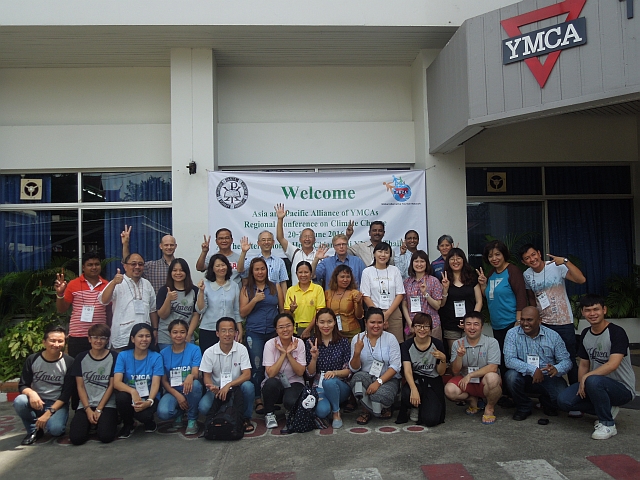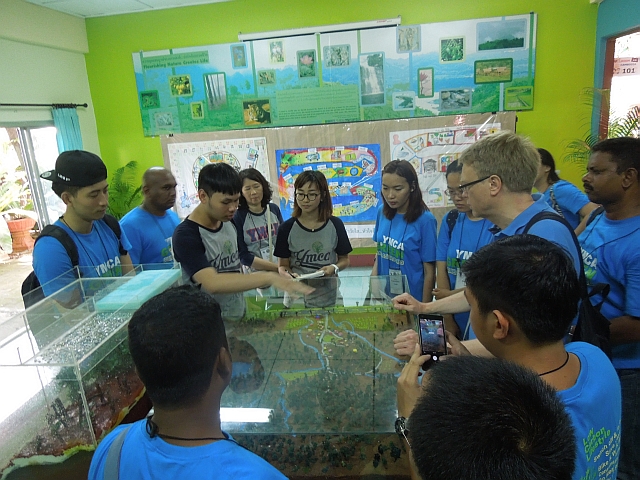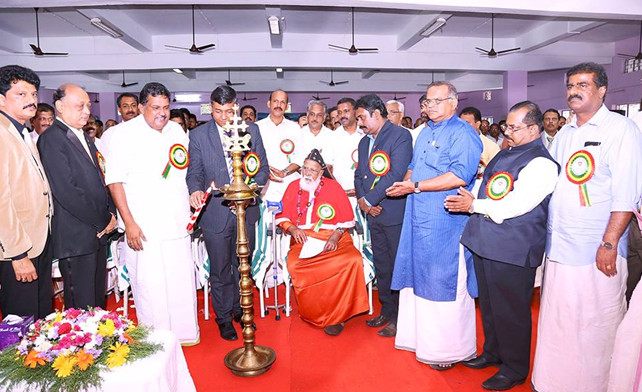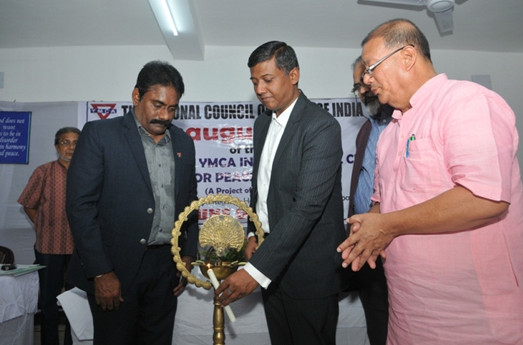↑Monthly eNewsletter of the Asia and Pacific Alliance of YMCAs
| This email contains graphics, so if you don't see them, view it in your browser. | |||||||||||||||||||||||
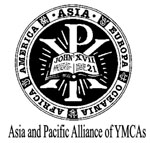  |
|||||||||||||||||||||||
The South West Sub Region of Kerala of the National Council of YMCAs of India had celebrated its Diamond Jubilee Anniversary on June 5, 2016. Mr. Babu Markus Gomes, President of Asia & Pacific Alliance of YMCAs attended the celebrations as chief guest of honor. This was held at the sub-regional headquarters of NCY India in Alwaye, where he was felicitated by His Grace Metropolitan Mar Chrisostham. Mr. Babu Markus Gomes then inaugurated the George Williams Center at YMCA Parakode, the Computer Division of YMCA Kulanada and he graced the closing ceremony of the Diamond Jubilee Celebrations at YMCA Kottarakara.
On 172nd World YMCA Day, June 6, 2016 Mr. Babu Markus Gomes inaugurated the YMCA International Centre for Peace Studies at UNESCO Heritage Site, Bodhgaya, Northern India. This is a project of the National Council of YMCAs of India. Bodhgaya is the place where the Lord Buddha attained enlightenment under a peepal tree at around 6th Century BC. This is a holy site for Buddhists and a famous place of pilgrimage. Mr. Ch. R.P. Manikumar, National General Secretary and Mr. Jacob Rajkumar, National Vice-President besides several notables and eminent personalities of Bodhgaya town including many Venerables of Monasteries were present before a large gathering that evening. The YMCA International Centre for Peace Studies has been dedicated to Nobel Laureate Jean Henri Dunant, the founder of YMCA Geneva besides the International Committee of the Red Cross as also the Geneva Convention. The ceremony was presided by Mr. Kiran Lama, Secretary, International Buddhist Council. In his welcome address the National President, Dr. Lebi Philip Matthew reflected on the enormous significance of this prestige project in the fond hope of making 'peace' more than an emotive issue but a living concept and one that is to be lived, loved and made endurable for all times to come. Mr. Babu Markus Gomes, President, APAY, in his inaugural address as Chief-Guest on the occasion felt proud to be present at the historic happening, not only of the Indian YMCA movement but the Asia Pacific and World YMCA movement as a whole. He opined that this is a tremendous boost to the YMCA movement's endeavor worldwide to build communities of peace and reconciliation in a world driven with discord and disunity. ~ Duncan Chowdhury, APAY Executive Secretary
Visit to DRR Project Site in Tapacon Barangay, Iloilo Bingawan:
|
|||||||||||||||||||||||
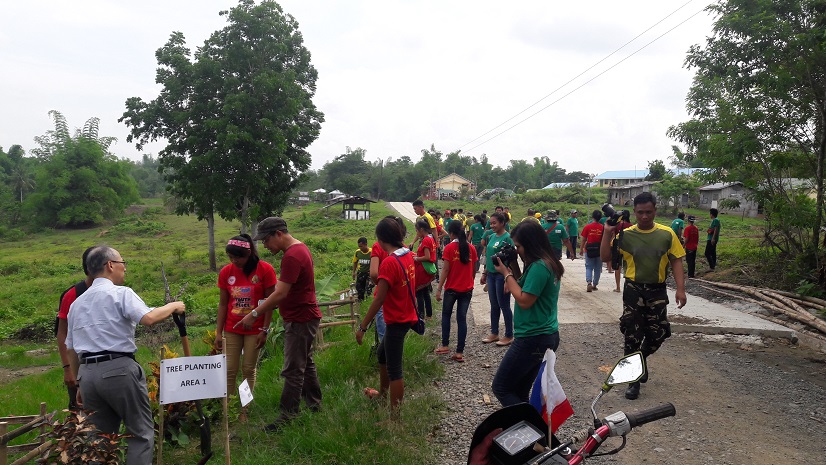 |
|
↑ A tree planting activity with youth members and volunteers from Tapacon Barangay |
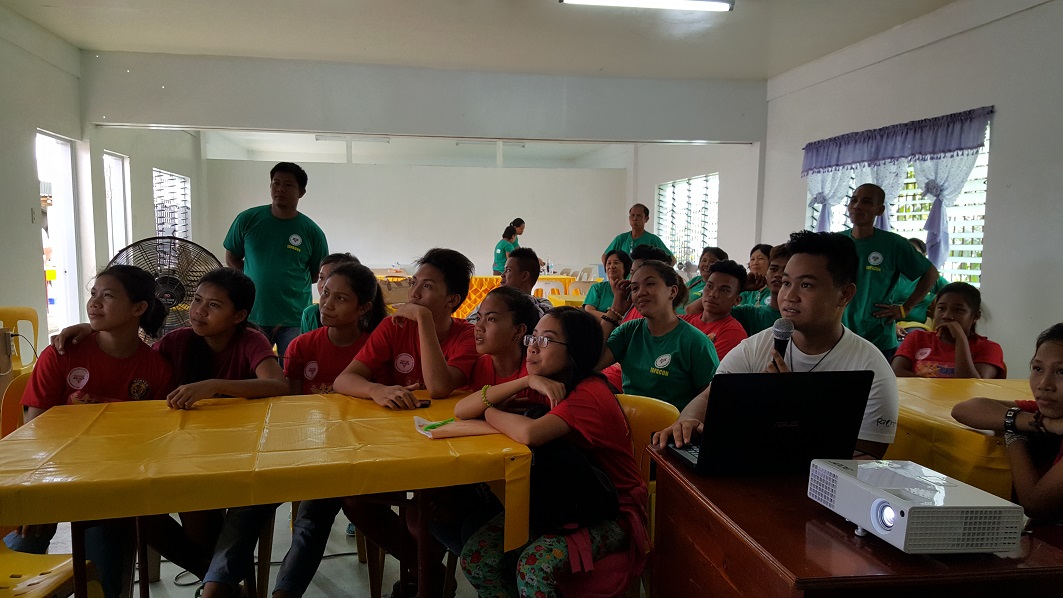 |
|
↑ A Dialogue session with youth who participated in Youth Leadership Summit |
~ Nam Boo Won, General Secretary, APAY
SOP Alumni in Indonesia Outline Future Plans
School of Peace (SOP) alumni in Indonesia held the annual meeting of their national forum from May 26 to 28 at Pesantren Yasina, an Islamic boarding school, in the small town of Cigombong Kabupaten Bogor in the province of West Java. Like previous meetings, the 10 SOP alumni who attended the meeting shared with each other about their work in Jakarta and the provinces of West Java, Central Java, Central Sulawesi and Papua. They also shared about recent issues in their communities, such as intolerance in Bandung in West Java toward a drama involving the country’s past communist history; attacks by an Islamic fundamentalist group in Yogyakarta on a transgender pesantren; militarization in Poso in Central Sulawesi as a reaction to terrorism as well as sexual abuse against children and unwanted development; and land-grabbing in Papua.
At the meeting, the SOP alumni of the Interfaith Cooperation Forum (ICF) network also outlined their plans for the national forum for the next five years. These plans included conducting mini-SOPs and holding training for trainers workshops in a variety of areas—drama, writing, music, photography, videography, community organizing and issues related to development and the environment.
Other initiatives that were discussed involved creating an internship program with, for example, an SOP alumni from Jakarta working in Papua with an SOP alumni there. Exposure programs throughout the country was another idea that was proposed. Lastly, operating social enterprises is a new area of interest for the national forum, and it was suggested that they could learn from the YMCAs in South Korea which have a wealth of experience and expertise in creating and developing social enterprises.
~Bruce Van Voorhis, Coordinator, ICF
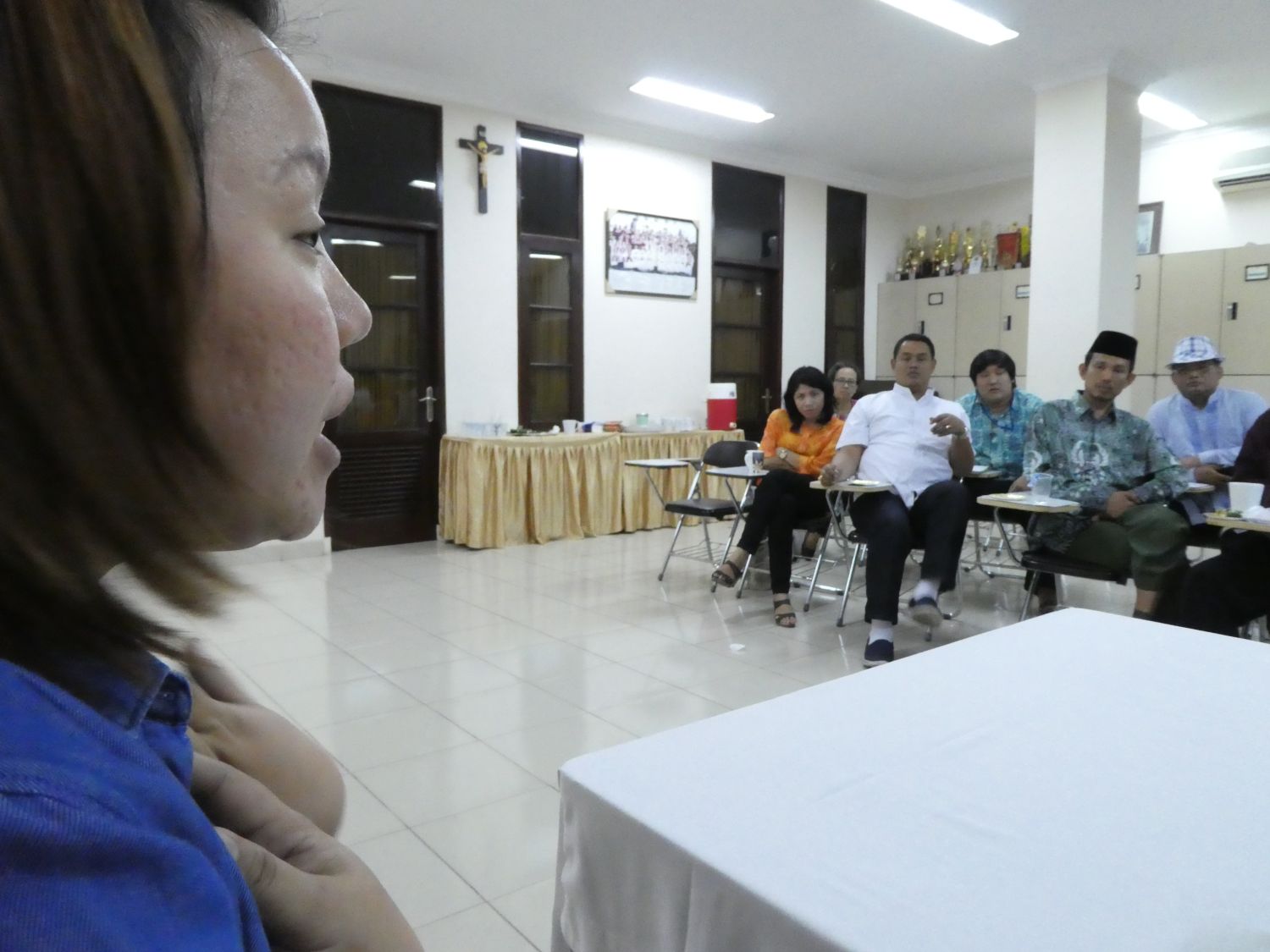 |
|
↑ Suwarti Ningsih, ICF National Coordinator, left, explains about the activities of the National Forum in Indonesia to an interfaith gathering |
Indonesia Hosts Mini-SOP in Java Indigenous Community
From May 15 through May 25, 15 young adults from different areas of Indonesia gathered in the village of Kasepuhan Ciptagelar in the province of West Java for a mini-SOP organized by the Indonesian ICF national forum. Kasepuhan Ciptagelar is a traditional Sundanese community which maintains their ancient traditions under the rule of a young king. The king, called Father by the villagers, is a humble man who spends much of his time listening to his people and responding to their needs.
The curriculum for this mini-SOP covered such areas as identity, faith and religion, structural analysis and drama. However, the highlight of the days together was learning about traditional Sundanese life and their very close relationship to rice. For the people of this village, rice is life, and it must never be sold in any form. Many festivals are held throughout the year to honor rice and the environment which helps it grow.
Surrounding the village, three different forests exist. One is sacred, and no one can enter without permission. Trees in the second forest can be cut if needed for houses or firewood. The third forest is available to everyone for collecting food or medicinal herbs. This strict tradition has protected the environment in this area for many centuries, and it is still practiced so the future generations will also have a healthy place to live.
With the opportunity to live in the homes of the villagers, participants were exposed to the warm hospitality of the Sundanese people. Upon arrival, it was suggested that everyone take off their watches and stow them away as life here is not governed by the hour and second hand of modern life. When the sun comes up, people rise and prepare to go to their fields. When they feel hungry, they eat. It is a life regulated by the natural rhythms of nature, and there is a feeling of harmony and peace in the village.
This mini-SOP gave everyone a chance to see a new philosophy of living focused on nature, cooperation and respect for all life. As we analyze the communities and nations in which we live and struggle to envision a new and more just society, Kasepuhan Ciptagelar gives us an example. This experience was perhaps the most important lesson from these few days together.
~ Max Ediger, Project Manager, ICF
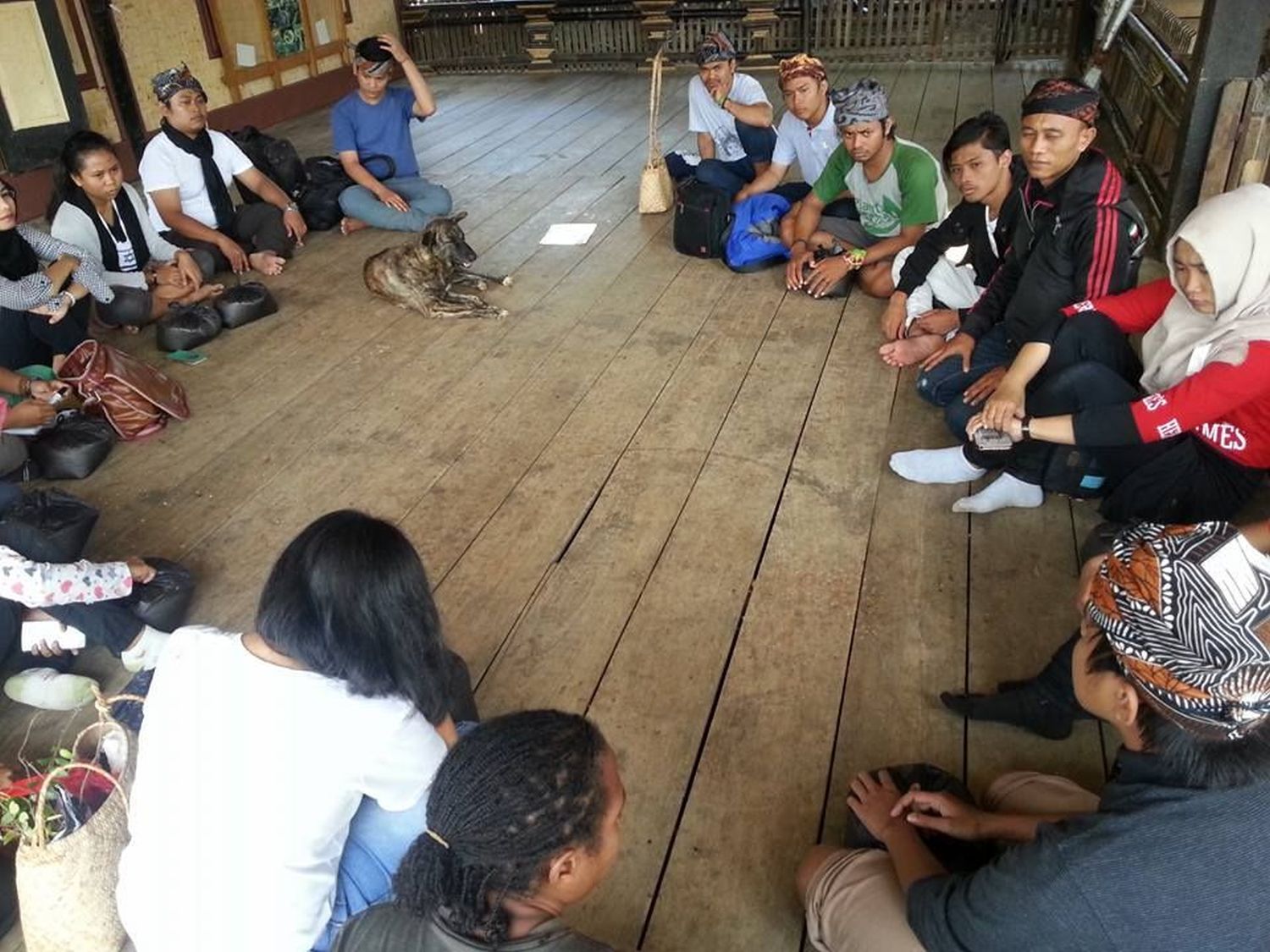 |
| ↑ Indonesia mini-SOP participants and SOP alumni gather in an indigenous village in Kasepuhan Ciptagelar in West Java Province. |
Ms. Thelma P. Juntereal
appointed as Movement Strengthening Coordinator of APAY
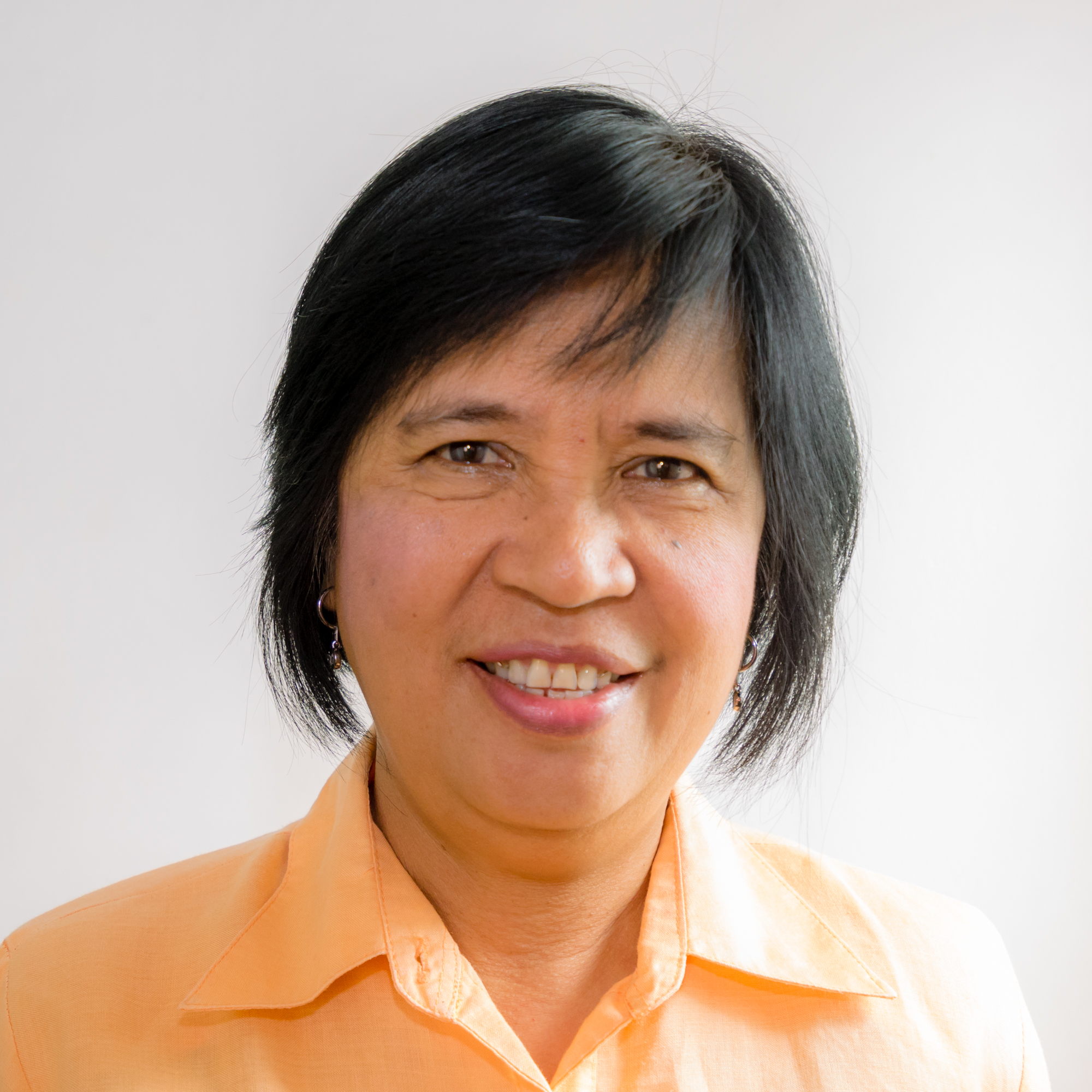 After a long time search for a suitable staff with needed experiences and expertise for the job, Ms. Thelma P. Juntereal, immediate past General Secretary of Manila YMCA, Philippines has been appointed as Movement Strengthening Coordinator effective from 1st July 2016.
After a long time search for a suitable staff with needed experiences and expertise for the job, Ms. Thelma P. Juntereal, immediate past General Secretary of Manila YMCA, Philippines has been appointed as Movement Strengthening Coordinator effective from 1st July 2016.
Ms. Thelma, a long-time friend of APAY, is equipped with rich experiences as General Secretary as well as professionally trained and certified YMCA Secretary throughout her long career in the YMCA of Manila. Starting as Community Service Secretary in 1981 in the said YMCA, she has served consecutive 34 years in Manila YMCA at different positions before she was appointed General Secretary in 1998. Apart from her attendance of the 7th Advanced Studies in 1997, she was trained in various areas such as social welfare, women in development and gender mainstreaming, camp counsellors program, leadership development, etc.
Thelma is expected to work as home-based part-timer focusing on movement strengthening of the weaker or emerging YMCAs in the region of Asia and Pacific including YMCAs of Timor Lester, Mongolia, Cambodia, Indonesia, and Laos YMCA as an emerging one. She will visit and stay at the target YMCAs for strengthening the movement as well as institutional viability including mentoring staffs in the areas of membership building, program development, financial management, strategic planning, day-to-day operation of the YMCA office, etc. The spirit of inter-movement cooperation (IMC) will be further activated and strengthened in our region with the appointment and ensuing work of Thelma as Coordinator for Movement Strengthening. Along with her MS work just begun, there will soon be an invitation from APAY to all the national movements to join a new Partners Support Group (PSG) for Laos YMCA.




